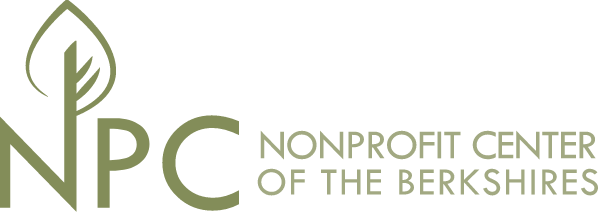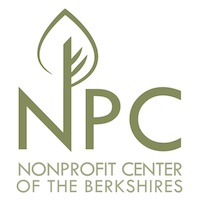24 Jul GETTING READY FOR STRATEGIC PLANNING
GETTING READY FOR STRATEGIC PLANNING

Developing a strategic plan can be the most rewarding but sometimes also the most overwhelming project an organization embarks upon. For this reason, it is critical to fully understand the process in order to ensure effective use of valuable time and resources before making significant investments of either. There are two challenges that smart nonprofit leaders look out for before launching strategic planning.
The first challenge is making sure that staff and board leaders understand what strategic planning is and what it isn’t. Despite misconceptions to the contrary, strategic planning isn’t:
- Wanting an Executive Director to just write down their goals.
- Having a group collaboratively write down their big picture dream.
- Saying that you’ll do everything you’re doing today a bit more and a bit better next year.
- Expecting a consultant to tell you what your organization should do.
- Creating a final strategic plan that has the exact same components as a peer organization.
Instead, through successful strategic planning processes, organizations will be well positioned to successfully accomplish their missions and visions because they will have:
- Articulated where they want to go and what their goals are
- Determined if they have the resources and people in place to achieve these goals
- Assessed the current market need and competitive landscape through research and analysis
- Understood their current and projected financial model
- Engaged staff, board, and other stakeholders in the process
- Created a clear roadmap that will lead to success
The second challenge is understanding the stages of successful strategic planning (getting ready, strategic planning, and implementing the plan) and taking the time to do the first stage correctly. Most frequently, organizations in the eagerness to start (and quickly finish) the planning process, rush through “getting ready” phase of the planning process and instead dive right into the strategic planning phase answering questions and writing documents.
Before beginning a strategic planning process, there are four big questions that need to be answered, in order for an organization to set the process itself up to be successful. Those questions are:
- Why are we doing strategic planning and why are we doing it now? What questions does this process need to answer?
- Who needs to be involved, when, and how? How can we make sure these roles are aligned with our mission and culture?
- What data do we already have that can help us understand the past and today and then provide a platform from which to plan the future?
- How can new research help us to understand what the field looks like today and what stakeholders think of our current work and future plans?
With adequate input and preparation upfront, you will be providing your organization with a solid foundation to create a viable and sustainable strategic plan which builds upon the organization’s strengths and history and sets the direction to accomplish your organization’s vision for years to come.
Sarah Glatt is the Founder & Principal Consultant at Paper Crane Associates, a woman-owned and Massachusetts based consulting firm. Sarah works with nonprofit leaders & entrepreneurs who are launching, growing, or pivoting their mission-driven organizations. Over the last decade, she has helped more than 120 mission-driven organizations put out today’s fires, plan for tomorrow, & achieve their world-changing visions.
Join Sarah on Wednesday, August 7th for her workshop on Theories of Change: How having one can change your organization and programs.
In this workshop for senior leaders and program managers, Sarah will share her observations gleaned from her extensive experience collaborating with organizations on their strategic planning and program development efforts and lay out why she sees theories of change as “hidden gems,” how theories of changes are used, and how they are created. Then in this interactive workshop, participants will work together to begin developing a theory of change for their organization or program.



